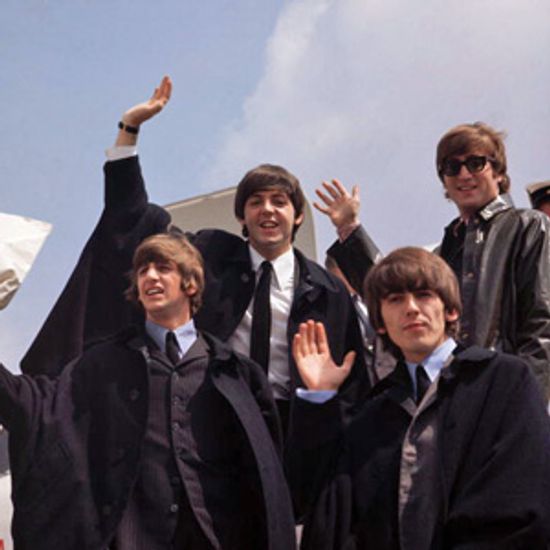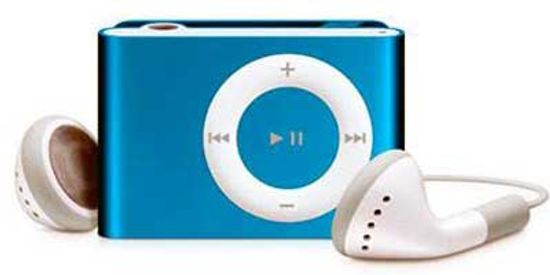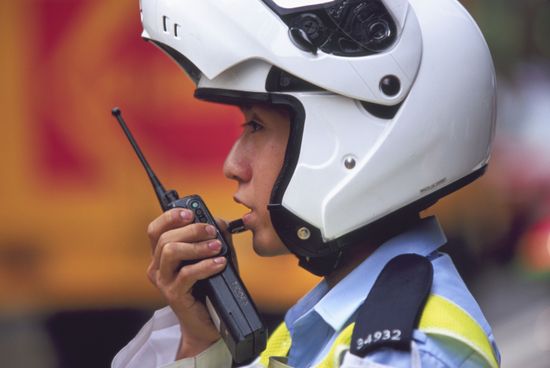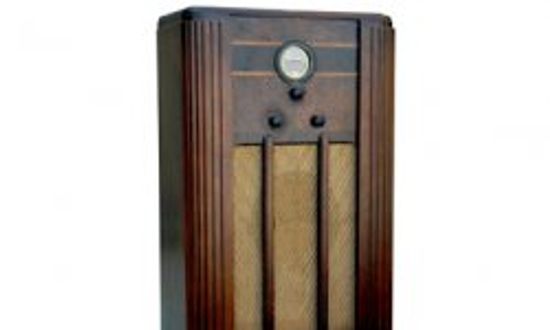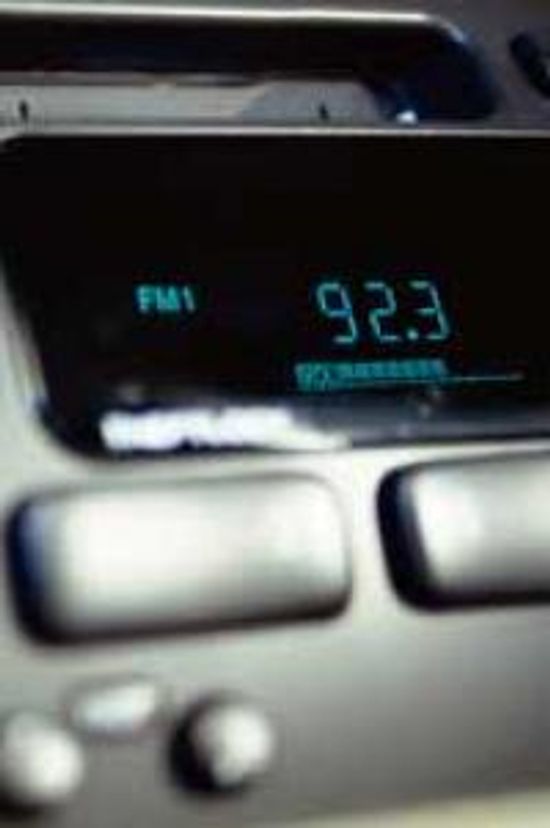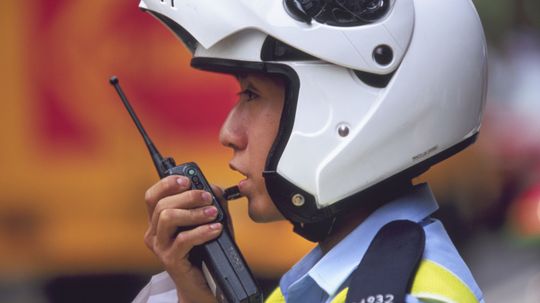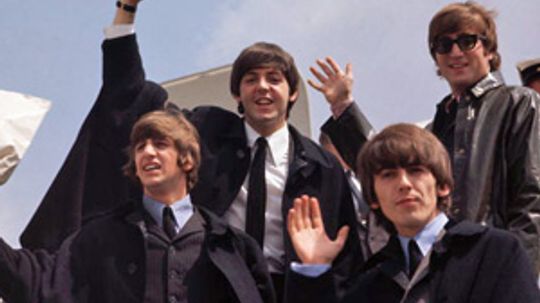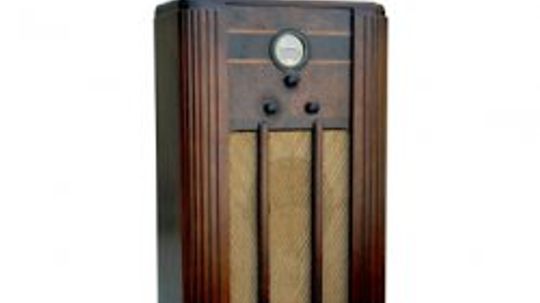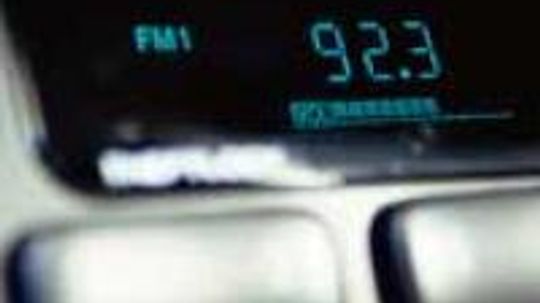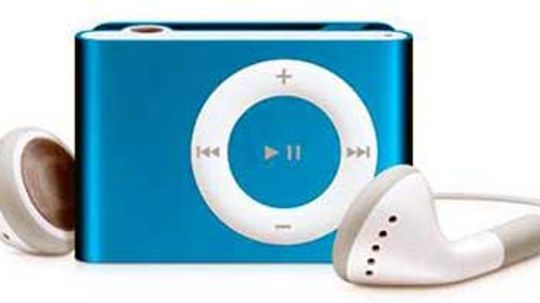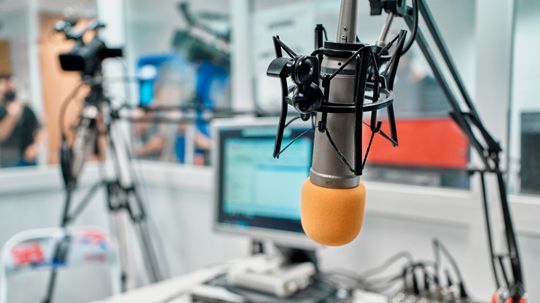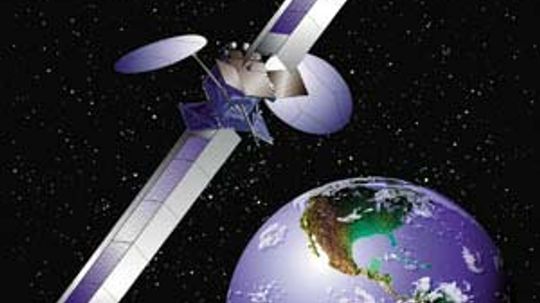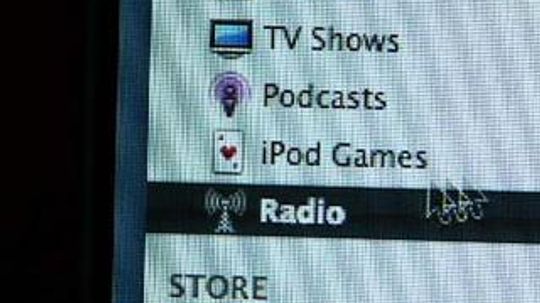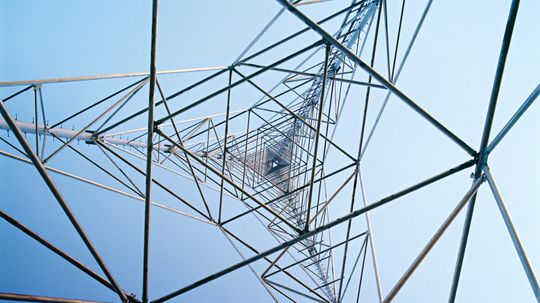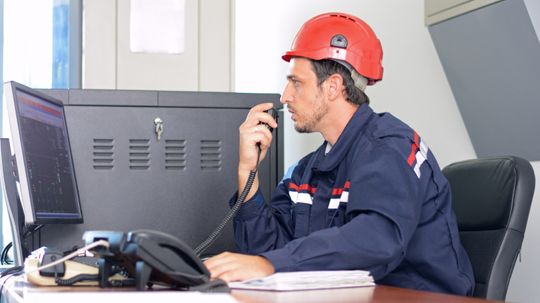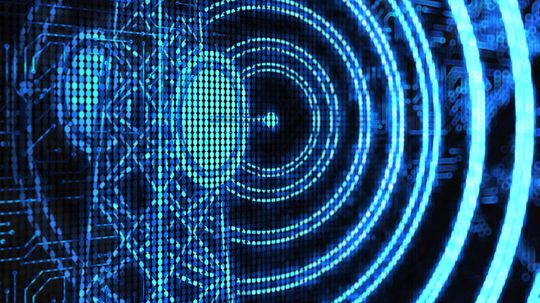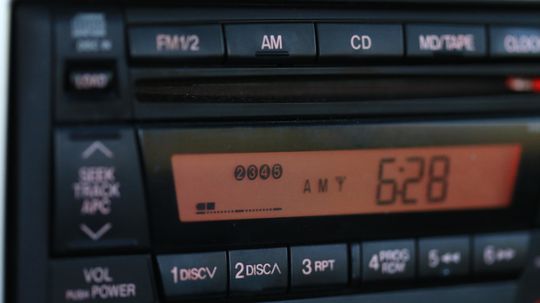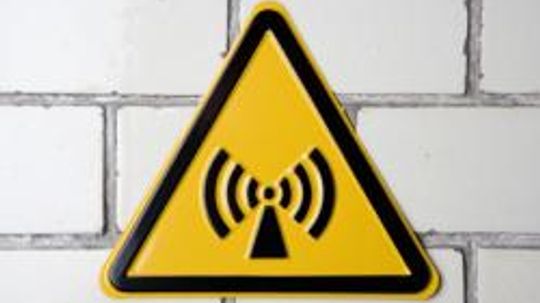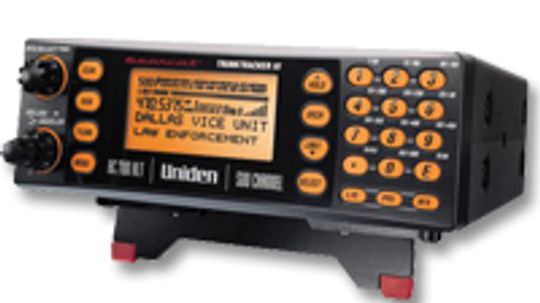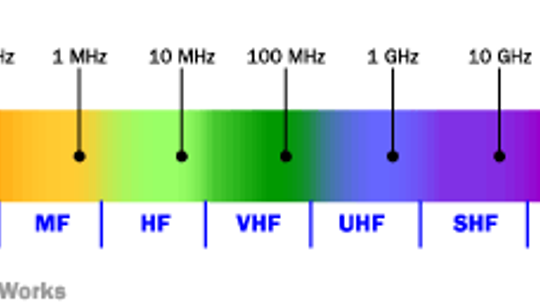Personal Electronic Media Players
For many, personal audio electronic devices such as iPods and other MP3 Players play a pivotal role in our individual entertainment lives. Many of us couldn’t imagine a walk to work or treadmill jog without one.
Learn More
From the playground to the war front, walkie-talkies play a significant role in keeping humans in contact with one another. How have two-way radios managed to stay relevant in an age of smartphones?
After many years of lawsuits and haggling, Apple and Apple Corps finally resolved their differences, and on Nov. 16, 2010, The Beatles finally made their iTunes debut. What took them so long?
You can't see radio waves, but you can check out relevant telegraphs, vacuum tubes and early radio models in this gallery.
Advertisement
The band that radio stations use is completely arbitrary. Learn how that relates to the specific frequency that FM stations use, and why all the FM radio stations in the United States end in an odd number?
MP3 players are everywhere -- and for good reason. These portable devices are a convenient way to store and listen to music and to view photos and videos. In some cases, they're even crossed with other devices, like cell phones. Learn the latest on MP3 players.
By Kevin Bonsor , Jeff Tyson & Craig Freudenrich, Ph.D.
A new radio format is set to add features to your radio listening experience: HD Radio. Learn how it works.
Can you listen to your music as you drive cross country without searching for radio stations or fiddling with your MP3 player? Satellite radio subscribers can.
By Kevin Bonsor
Advertisement
A college student in Wisconsin hears a dj in Jamaica play the latest calypso tune. An advocacy group unites members across the country via a private broadcast. It's made possible by Internet radio, the latest innovation in radio broadcasting since the business began in the early 1920s.
By Debra Beller
Radio waves are the backbone of nearly all modern media technology, from TV to smartphones and wireless internet. Yet, they're actually a simple technology.
How does a CB radio antenna work? Why does it have to be tuned? How do you tune it properly?
EPIRB is meant to help rescuers locate you in an emergency situation, and these radios have saved many lives since their creation in the 1970s. Find out who they've helped the most.
Advertisement
Have you ever noticed a difference in the quality of radio signals depending on the time of day? Why do you hear some radio stations better at night than in the day?
If you have a car radio that shows FM station call signs on the display panel, then you have the Radio Data System feature. Find out how they work!
In January 2000, the FCC adopted rules creating a new, low-power, non-commercial FM radio (LPFM) service. Learn how a school or individual can start one of these radio stations.
Do certain radio wave frequencies pose health risks? If so, is it safe to live within a quarter mile of a cellular phone tower or a radio antenna?
Advertisement
Ham radio lets people talk across the globe, wirelessly and inexpensively. It's a subculture in its own right. See what amateur radio is all about and how you can become an operator.
By Gary Brown
The air around you is bursting with radio waves -- and you can tap into them with minimal effort. With a simple radio scanner, all sorts of transmissions are within your earshot. Find out how radio scanners let you listen in on everything from police to astronaut transmissions.
By Gary Brown
AM radio, FM radio, CB radio, short wave radio, VHF, UHF -- what's it all mean? These are all different chunks of the radio spectrum. Find out all about the thousands of different uses for radio waves.
